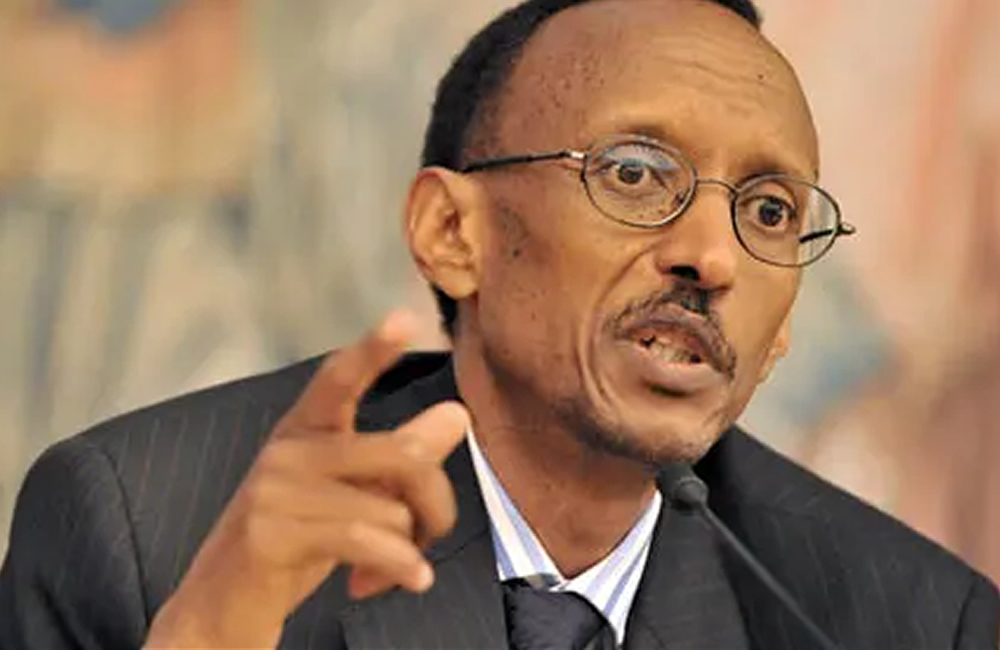The United Kingdom has been party to the European coalitions for nearly 50 years. But in a referendum vote last week, on whether to remain or leave the 28-nation bloc – the ‘Leave’ won with 51.9 percent. The vote had been a key promise of the current UK premier David Cameron.
While addressing a gathering of nearly 2000 youth leaders at a small stadium in Kigali, President Kagame asked; “Have you been watching what is trending globally in the news?”
“For us whatever we do is implemented to perfection,” said Kagame amid loud applause. Without mentioning the so called Brexit referendum, Kagame linked the leave decision to a wave of anti-globalisation growing in many parts of the world.
“If they told me their issues don’t concern me, they would win. But they also interfere in our issues when they shouldn’t be concerned,” said Kagame, adding: “Usually the response to them comes in two ways”.
Foremost, “I just focus on what concerns us and do it well to reap the utmost benefits.”
Secondly, Kagame suggested that the other response comes from the people they lead.
“The current challenges they are facing are largely a result of abandoning the people they lead,” said Kagame. “The people are telling them ‘You took us for granted’…you are doing what we didn’t assign you”.
Kagame continued; “The leaders are being told they didn’t do what they are supposed to do for their citizens yet they spend time telling others what to do but forget to fix problems back home…The people are saying – ‘We trusted you with the mandate to lead us but you decided to work for other interests’…”
For President Kagame the outcome of the Brexit referendum “makes me happy….They always come to tell us what is right for us yet we can speak better for ourselves….Why do you come to tell me? Go and tell the people you lead.”
“What is happening to them will awaken them to realise that we can actually speak for ourselves and solve our problems….They will realise maybe it’s time to take lessons from those they have been despising.”
“Maybe they will learn not to interfere in others’ affairs and deal with the desires of their people back home”.
Kagame said the Rwanda of 1994 is a complete opposite of the Rwanda of today. “Back then Rwanda was not only referred to as ‘failed state’, but as ‘small failed state’…” said Kagame.
“They called us a small failed state. But we refused to fail. We refused to be small. We are not small.”
“Choosing not to be small has a price. You will have to spend sleepless nights, work hard and nobody will thank you for that.”
“I am asking you to make one clear choice. The one that costs us a lot. Because being big is where we belong.”
Throughout the entire hour-long address in which he tackled several other national issues, Kagame was not reading from a prepared speech. As he began his address, while walking around the hall with microphone in hand, Kagame said he preferred the session with such vibrant youth needed to be interactive.
“There is no need for me to read text, I would like us to interact freely,” he said.
After his address, interrupted several times by applause, there was a Q&A in which the youth raised concerns over issues such as the high loan interest rates and the unfavourable regulatory framework for cooperatives. It emerged that the Rwanda Cooperatives Agency (RCA) doesn’t allow cooperatives that have memberships of particular groups.
